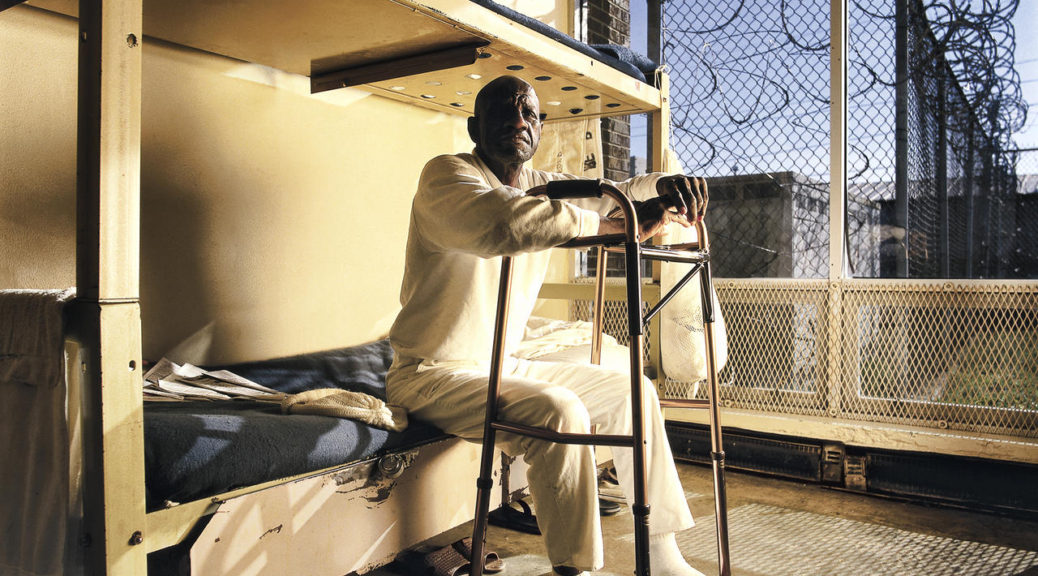Usability Testing of Just Care Modules in Prisons
Prison population demographics are shifting such that many people will grow old and spend their final days in prison. Research evidence supports using peer caregivers to assist prison staff with providing supportive care. However, the training received by peer caregivers varies widely. Evidenced-based, accessible, and contextually relevant learning materials are needed to effectively prepare peer caregivers for their role.
A research team from The Penn State University Ross and Carol Nese College of Nursing and Klein Buendel have developed Just Care, a six-module e-learning program designed to augment the face-to-face training that is typically provided to peer caregivers. Small-scale usability testing of the Just Care program was conducted with twenty men and women, who are incarcerated, and ten staff members at one men’s and one women’s state prison in a southeastern state. Two rounds of usability tests were conducted via a video-conferencing platform. The results of the usability tests were recently presented at the annual conference of Academic Consortium on Criminal Justice Health (ACCJH) in Raleigh, North Carolina on April 13-14, 2023.
Most users, who were incarcerated, did activities without aid and no tasks or programming issues were identified that made it impossible to use the application as intended. However, a few usability and content issues were noted including: (a) some users did find the x-ray scanner activity challenging when trying to drag the scanner across the body image to reveal symptoms as death approaches; and (b) a few staff users noted that the returning citizens’ video testimonials in the Staff Module lacked racial diversity.
The System Usability (SUS) scores for each round respectively were 87.5 (incarcerated), 74.5 (staff); and 85.28 (incarcerated), 83.75 (staff). A SUS score of 68 is considered above average. Overall, both participant groups found Just Care easy to navigate with content that is interactive, useful, engaging, and relevant. Prison staff noted that Just Care raised awareness about peer caregivers’ need for training to help care for older people in prisons.
Next steps for the research team is to address the issues raised in the usability tests and prepare for large-scale usability testing to be conducted in state prisons in the summer and fall of 2023. This research was funded by an STTR grant to Klein Buendel from the National Institute on Aging [AG057239; Dr. Susan Loeb (Penn State) and Dr. Barbara Walkosz (Klein Buendel), Multiple Principal Investigators]. Collaborators on the ACCJH poster presentation also included Dr. Erin Kitt-Lewis, Mr. Sherif Olanrewaju, and Ms. Katherine Aiken from The Penn State University; and Ms. Amanda Brice and Mr. Steve Fullmer from Klein Buendel.


